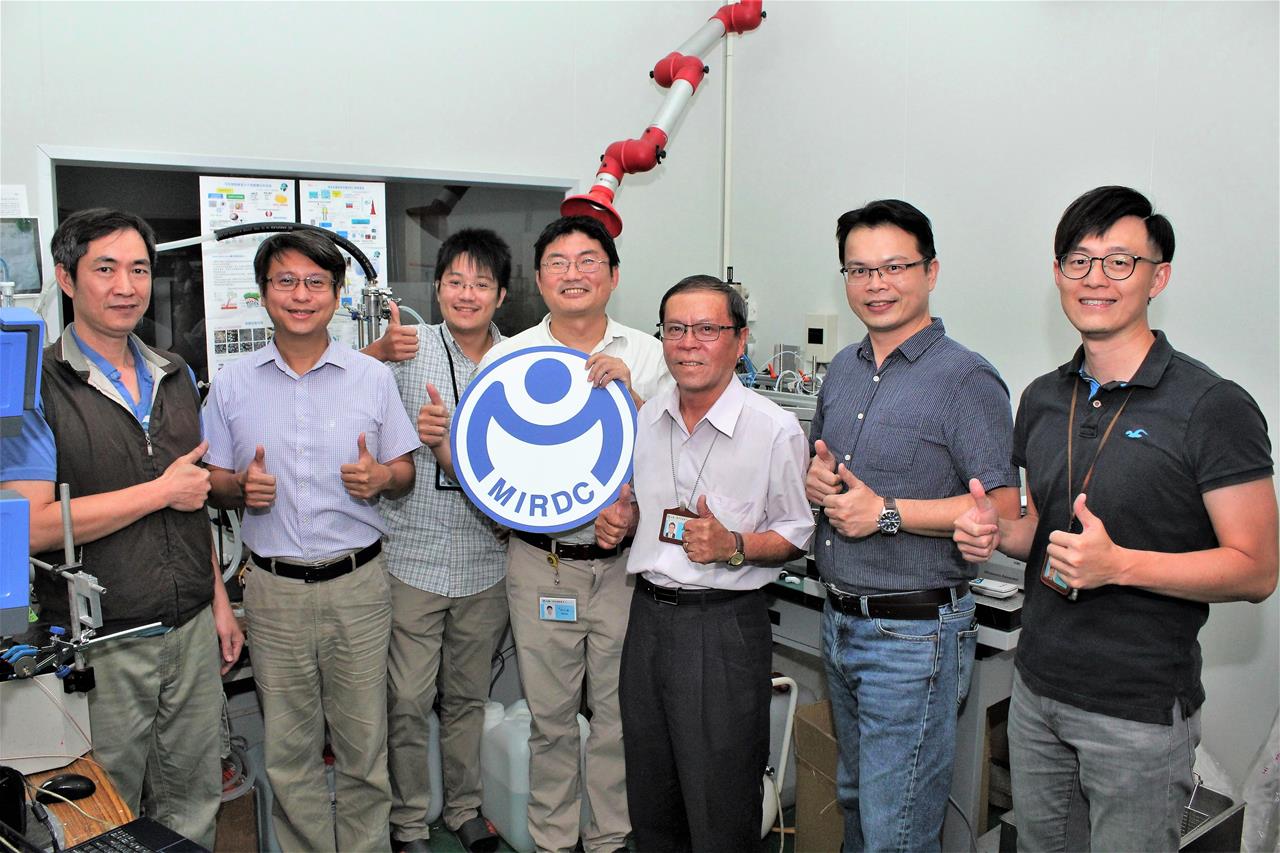
Precision medicine has become one of the hottest topics in the biomedical industry in recent years and countries around the world are proactively investing in it. Facing the strong competition from other countries, in addition to the existing biotechnology foundation, Taiwan also needs to be in line with international standards to find new niches. Together with I-Shou University, National Sun Yat-sen University, and Cheng Shiu University, MIRDC invested in the “Ultrasonic-Assisted Microcarrier Process Development” to produce high-quality microcarriers in batch production. These microcarriers can not only be customized according to needs for particle size, high uniformity, high forming rate, and high encapsulation efficiency, but also be applied to local administration of organs, so that patients with liver cancer are no longer helpless.
For the demand for antineoplastic drugs, injection of delayed-release microcarriers is an emerging antineoplastic method recently. By encapsulating various clinical treatment drugs in the microcarriers, the drugs are slowly released by injecting directly to the lesion. Since the particle size can be adjusted to the size of the blood vessels, the microcarriers can be concentrated in the tumor and will not spread throughout the body, thereby reducing side effects and improving efficacy. This method prolongs the effect of killing cancer cells and can last 14 days to one month. Not only is efficacy better, but the number of administrations is also reduced. The MIRDC microsphere team's successful development of microcarrier process technology and device overcomes cost issues and replaces importation. The technology can also control particle size, which is conducive to regulating drug release. Compared with the traditional emulsification process, where particle size distribution is wider and size is harder to control, the technology is improved.
Dr. Chiu-Feng Lin, President of the MIRDC, indicated that MIRDC's microcarrier manufacturing technology is mature and diversified, and its research and development achievements have been repeatedly awarded. MIRDC won the 14th National Innovation Award and the 5th National Industrial Innovation Award. The team is constantly improving its technology, and won the Excelsior Award of the National Innovation Award on December 6, 2019. In addition to its application in chronic diseases (embolic drug carrier), the technology is now expanding to the field of aesthetic medicine, such as biodegradable polymer materials like polycaprolactone (PCL) and polylactic acid (PLLA) that can induce the body to generate collagen, such as Sculptra and Ellanse. Or, it can be applied to the manufacture of other high-value microspheres, such as photoelectric materials, inks and coatings, cosmetics, and sound insulation materials, creating new business opportunities.